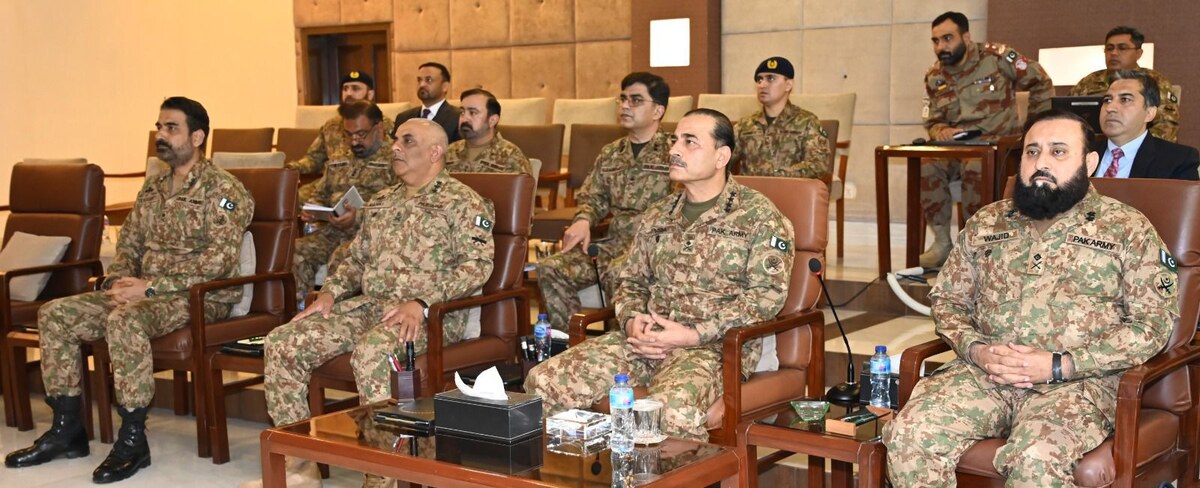ISLAMABAD: The government of Pakistan is committed to introducing electronic voting for transparent elections, Prime Minister Imran Khan said on Wednesday, as experts and insiders warn of the huge costs of the transition, as well as of other technical and trust issues in a country where election results are often disputed.
The idea of introducing electronic voting machines (EVMs) — which directly record votes and are believed to prevent the irregularities that may occur during manual counting — caught the spotlight after a government candidate lost a key senate seat to a joint opposition candidate last month, unleashing accusations of rigging and horse trading. A subsequent election for the post of senate chairman also became controversial after eight ballot papers had to be wasted by the presiding officer for breaking rules.
“In the light of past experience, the introduction of electronic voting machines to make the electoral process as transparent, safe and impartial as possible is in the interest of the country’s democracy,” Khan said while being shown EVMs developed by COMSATS University Islamabad and the National Institute of Electronics. “The country’s democratic and electoral process can no longer tolerate a system that is questioned and the public’s confidence is shaken.”
Farrukh Habib, a parliamentarian from the ruling Pakistan Tehreek-e-Insaf party, called the introduction of EVMs a “very important development” for electoral reforms in Pakistan, while Raoof Hasan, the PM’s special aide on information, said EVMs would offer a “revolutionary” shift in a political landscape where election outcomes were often contested.
“[EVMs] could make elections more credible and difficult to question the results by the opposing parties,” Hasan told Arab News, saying all parties would be asked for input before the system was introduced and the transition would be overseen by the election commission.
Election Commission of Pakistan (ECP) officials said appropriate legislation needed to be enacted for the transition to take place, and were less optimistic about the switch based on failed pilot projects in the past.
One ECP pilot project covered 35 polling stations in Peshawar in 2017.
“In that mock exercise, we have faced a lot of technical problems and also people have shown distrust on voting machines’ accuracy,” a senior ECP official told Arab News on condition of anonymity as he was not authorized to speak to media.
ECP former secretary Kanwar Dilshad said it was unlikely EMVs could be introduced by the next general election due to financial, logistical and technical constraints.
“At least an amount of Rs1 trillion is required to replace manual voting with digital voting procedures: Electronic Voting Machines, Biometric Verification Machines or Internet voting for Overseas Pakistani in general elections,” Dilshad told Arab News, saying Rs60 billion would be required for the procurement of 350,000 EVMs alone.
“In my opinion this is a futile exercise. The Election Commission of Pakistan pilot projects regarding EVMs have failed in the past,” he said.
Trust deficit is another problem, opposition politicians say.
“Main issue is trust as no political party is ready to trust technology after the RTS (Results Transmission System) issue in 2018,” Pakistan Peoples Party senator Taj Haider said, referring to a controversy in the 2018 general election over the collapse of the RTS system during the counting process, leading to cries of rigging.
“It [e-voting] can only proceed further if elections are conducted without establishment interference under an honest and independent ECP,” Haider said.
Raja Zafar ul Haq, a senior Pakistan Muslim League-Nawaz (PML-N) leader, said the introduction of EVMs would undermine Pakistan’s electoral process if introduced without a consensus.
“It will also increase fear of manipulations,” he said, “and further damage the credibility of elections.”























